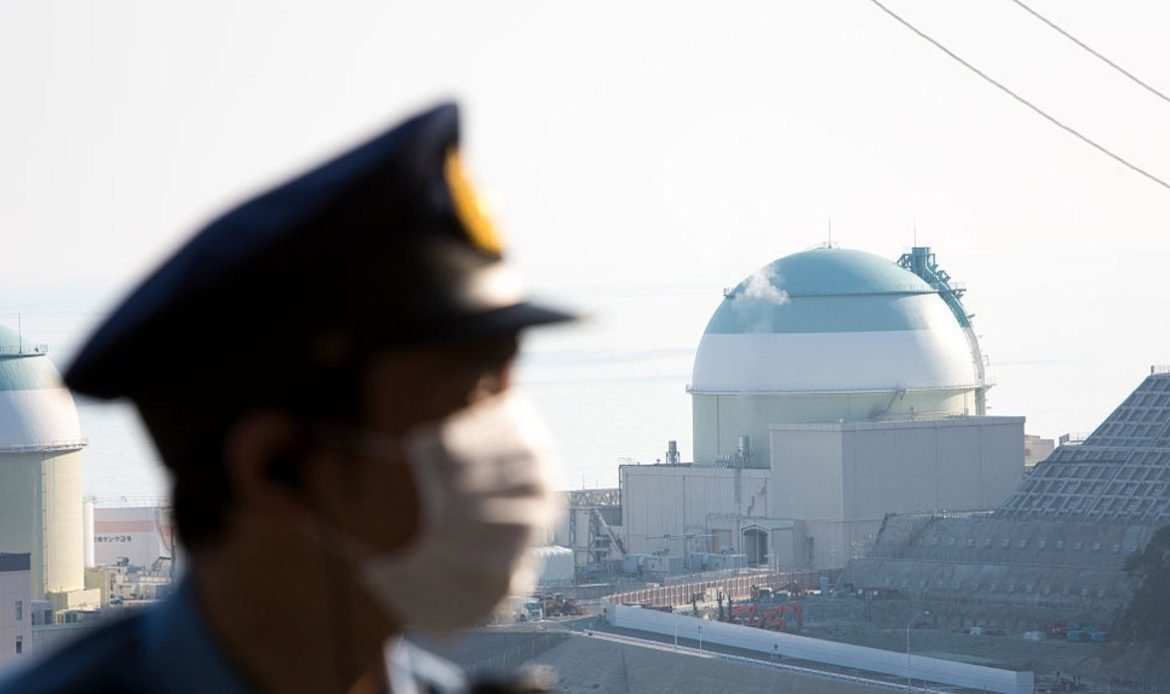Japan set to return to nuclear energy
Tokyo plans to reverse the nuclear phase-out agenda introduced after the Fukushima disasterA Japanese government advisory panel has approved a plan to revive the country’s nuclear energy sector, Prime Minister Fumio Kishida announced on Thursday.According to the draft policy, which is a reversal of the country’s nuclear phase-out plan adopted after the Fukushima disaster, nuclear power is said to offer stable energy production and play “an important role as a carbon-free baseload energy source in achieving supply stability and carbon neutrality.” The plan suggests restarting most existing nuclear reactors, extending their lifespans beyond the 60-years limit and building new modern units to replace the old ones.An accident at the Fukushima nuclear power plant occurred in 2011, when a 9.0-magnitude earthquake and a subsequent tsunami hit the site, triggering a catastrophic meltdown. Following the disaster, Japan adopted a nuclear phase-out plan, reducing its nuclear power generation to as low as 1% of the total output from about 30% before the incident, and shutting down most reactors. However, Tokyo later began gradually restarting reactors to battle energy supply problems.In May of this year, Prime Minister Kishida pledged to reactivate idled nuclear plants in order to stabilize energy prices and supply due to energy market uncertainty amid the Ukraine-related sanctions war between Russia and the West. Japan, which sided with the West in sanctioning Moscow, is heavily reliant on energy imports, including from Russia. Last year, about 4% of the country’s crude oil and 9% of its gas came from Russia.
This article was originally published by RT.



